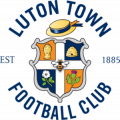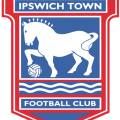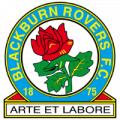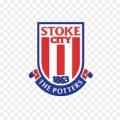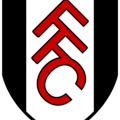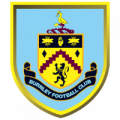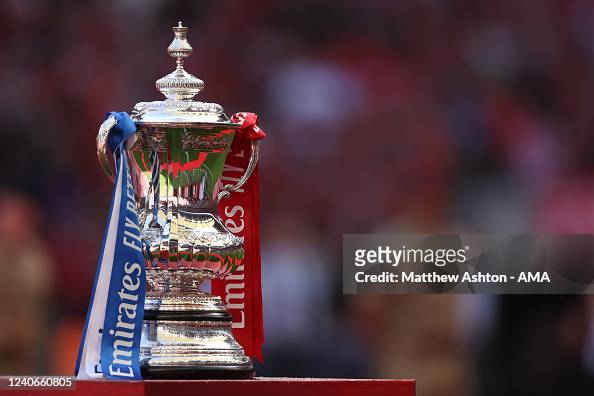As we approach the second round of FA Cup ties, teams will be striving to get their names in the hat for round three. The further you go down the football pyramid the excitement grows in anticipation at the thought of drawing a Premier League or Championship side. Clubs of lower-league stature cling to the hope of experiencing their own “magic of the cup” moment.
Recent reports have emerged of FA Cup 3rd and 4th round replays being scrapped as they make way for the money-orientated UEFA football schedule. The oldest domestic cup competition in world football could limited as the Champions League expands; football schedules are being scrutinized more and more by managers and players alike. Ultimately, with FA Cup replays being abolished in concluding rounds the euphoria of the magic of the cup diminishes. Soon, if, hypothetically speaking, Horsham FC beat Sutton United away in the 2nd round, which they could this year, drew Liverpool at home in the third round and held them to a draw they would then be denied the opportunity to travel to the historical fortress of Anfield.
Rewind over three decades and the FA Cup landscape would be unrecognisable when compared to the present day. Imagine Jurgen Klopp’s reaction if he was informed that there could be endless replays until a winner is decided? I would fear for the FA representative delivering that information! Replays in the FA Cup would be all out war and fixture congestion would be unfathomable if a winner could not be decided over multiple fixtures.
Nine seasons before Watford and Newcastle’s infamous replays, two top tier English football heavyweights were participants in a slugfest. Liverpool and Arsenal locked horns in the 1980s FA Cup semi-final. Encountering at a crucial stage of the season, with the promised land of the FA Cup final within touching distance and the business end of the league in full flow, a four-match semi-final was the last thing on either team’s agenda. Similar proceedings unraveled with neither side able to break the deadlock and a nil-nil draw was contested at Hillsborough. During this era of the FA Cup, semi-finals were situated at neutral grounds across England, although from 2008 the FA decided to use Wembley to facilitate them instead. Villa Park hosted the first replay which oversaw a scoring one-one draw. Alan Sunderland opened the North London residents account in the second replay but a last-minute equaliser from Kenny Dalglish, subsequently played at Villa Park as well, dragged out the tie. Brian Talbot would make sure there were no succeeding replays as his bullet header secured victory for the Gunners at Highfield Road Coventry in the third replay.
Despite booking their place in the FA Cup final Arsenal had to lace up to compete for the trophy only nine days later. Furthermore, Terry Neill’s Arsenal were penciled in to play in the league twice during their week and a half of rest between the FA Cup semi-final and final. Squads were wafer thin during the late 20th century with little focus on squad rotation compared to the modern-day. Managers selected their best teams consistently which saw the Arsenal and Liverpool players pushing their bodies capabilities to the max. Thought processes and man-management at this time meant nine Liverpool players and 10 Arsenal players appeared in all four matches across the 20 days, whilst balancing league matches in between. Not surprisingly an exhausted and lethargic Arsenal succumbed to defeat against West Ham United in their home city at Wembley London.
Only one year before, the Gunners were embroiled in a five-match FA Cup round against third division side Sheffield Wednesday on the journey to winning the pristine prize. A monstrous five matches in 16 knackering days was Arsenal’s own Mount Everest they had to overcome to place their deserving hands on the trophy. With the view many managers have these days, Mikel Arteta would become weak at the knees at the thought of the idea when they kick start their FA Cup campaign in 2024.
Here is a stat to make anyone feel tired, in the 1979/80 season Arsenal competed in 70 matches across all competitions. To make matters worse, they failed to win any silverware that season.
This was the harsh reality of the FA Cup which made it a turbulent journey for all involved but also created so many amazing moments and memories which have molded the history of the FA Cup for generations.
What next for the FA Cup?
The concept of infinite replays was scrapped in 1990 by the FA after lengthy consideration of player welfare and fixture congestion issues. From this point on, matches were limited to just one replay with extra time and penalties to follow if the sides could not be separated.
As UEFA expands the competitions of the Champions League and Europa League to 36 teams, clubs involved will be scheduled to participate in more matches. Moreover, to provide relief to competing teams’ schedules FA Cup third and fourth-round replays will be scrapped, as well as EFL Cup two-legged semi-finals according to multiple reports.
Money talks in the stratosphere of football and the lucrative competitions hosted by UEFA are having a damaging impact on domestic tournaments. Replays which are held in such high regard by lower-league clubs are potentially being dissolved.
A poisonous mentality by the more money-focused competitions will have a damaging effect on aspiring clubs and communities




